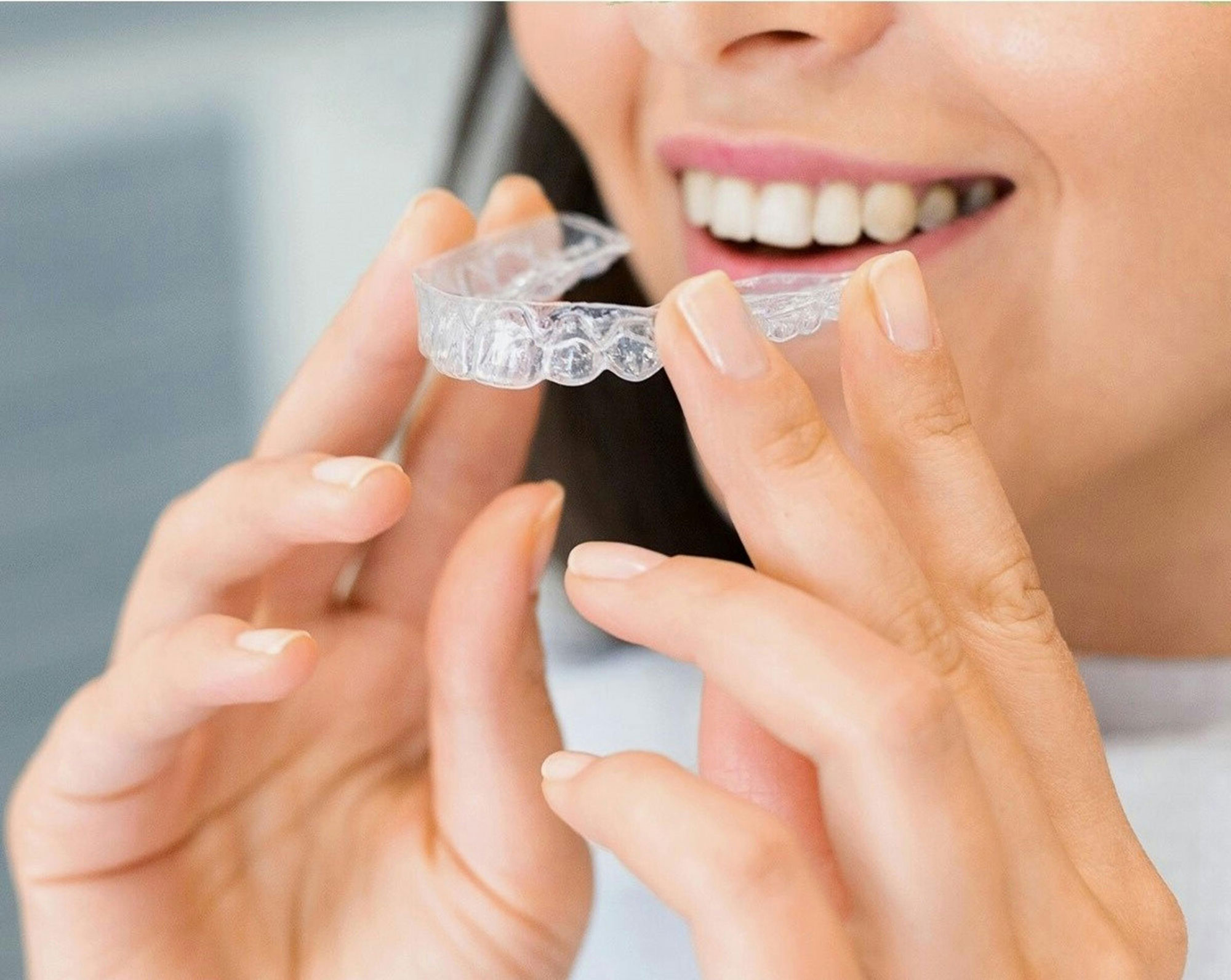Hashimoto's Disease
Hashimoto's Disease, an autoimmune disorder that can lead to hypothyroidism, is a condition in which the immune system attacks the thyroid. The thyroid gland is part of your endocrine system, which produces hormones that coordinate many of your body's functions. Hashimoto's disease often leads to an underactive thyroid gland (hypothyroidism). Symptoms of Hashimoto's disease can include fatigue, weight gain, cold intolerance, joint and muscle pain, constipation, dry skin, thinning hair, decreased sweating, heavy or irregular menstrual periods and fertility problems, depression, and a slowed heart rate. So how can a holistic and biological dentist help individuals with Hashimoto's disease?
Understanding the Link Between Oral Health and Hashimoto's Disease
Holistic dentistry operates on the premise that the health of the mouth is intrinsically linked to the health of the rest of the body. This branch of dentistry focuses on the use of non-toxic restorative materials, such as ceramic composites and crowns that are fluoride free, mercury free, BPA free, and toxin free, for dental work and emphasizes the unrecognized impact that dental toxins and infections may have on a person's overall health. For individuals with Hashimoto's disease, this connection is particularly significant due to the autoimmune nature of the condition.
The Role of Oral Infections
One of the foundational beliefs of holistic dentistry is that chronic infections and inflammation in the mouth, including periodontal disease, can contribute to systemic issues and autoimmune diseases like Hashimoto's. These oral infections can act as a continuous source of inflammation, potentially triggering or exacerbating autoimmune responses. By addressing these dental health issues, holistic dentists aim to reduce overall inflammation and support the immune system's proper functioning.
The Impact of Dental Materials
Biological dentists also pay close attention to the materials used in dental procedures, avoiding those that may have adverse health effects. For example, mercury amalgam fillings, which are used in many conventional dental practices, are avoided due to concerns about mercury toxicity. Since individuals with autoimmune diseases like Hashimoto's may be more susceptible to the effects of toxins, using biocompatible materials can be particularly beneficial.
Detoxification and Diet
Holistic dental practices often incorporate recommendations for detoxification and diet changes to support overall health. For patients with Hashimoto's disease, reducing exposure to environmental toxins and adopting an anti-inflammatory diet can help manage symptoms and improve quality of life. Holistic dentists may work in conjunction with nutritionists or other holistic health practitioners to develop a comprehensive care plan.
A Comprehensive Approach
Holistic and biological dentistry offers a more comprehensive approach to health care, one that looks beyond the symptoms to address the root causes of disease. For individuals with Hashimoto's disease, this means not only managing thyroid hormone levels but also improving oral health, reducing toxin exposure, and supporting the body's natural healing processes through diet and lifestyle changes.
While more research is needed to fully understand the connection between oral health and autoimmune diseases like Hashimoto's, the holistic and biological dentistry perspective offers a promising complementary approach to traditional treatments. As with any health care decision, it's essential for patients to consult with their health care providers to determine the best course of action for their individual needs
MON - SUN 8:00 am - 5:00 pm
2107 Elliott Ave Ste 210,
Seattle, WA
Phone : (206) 728-1330Text Us : (206) 728-1330





